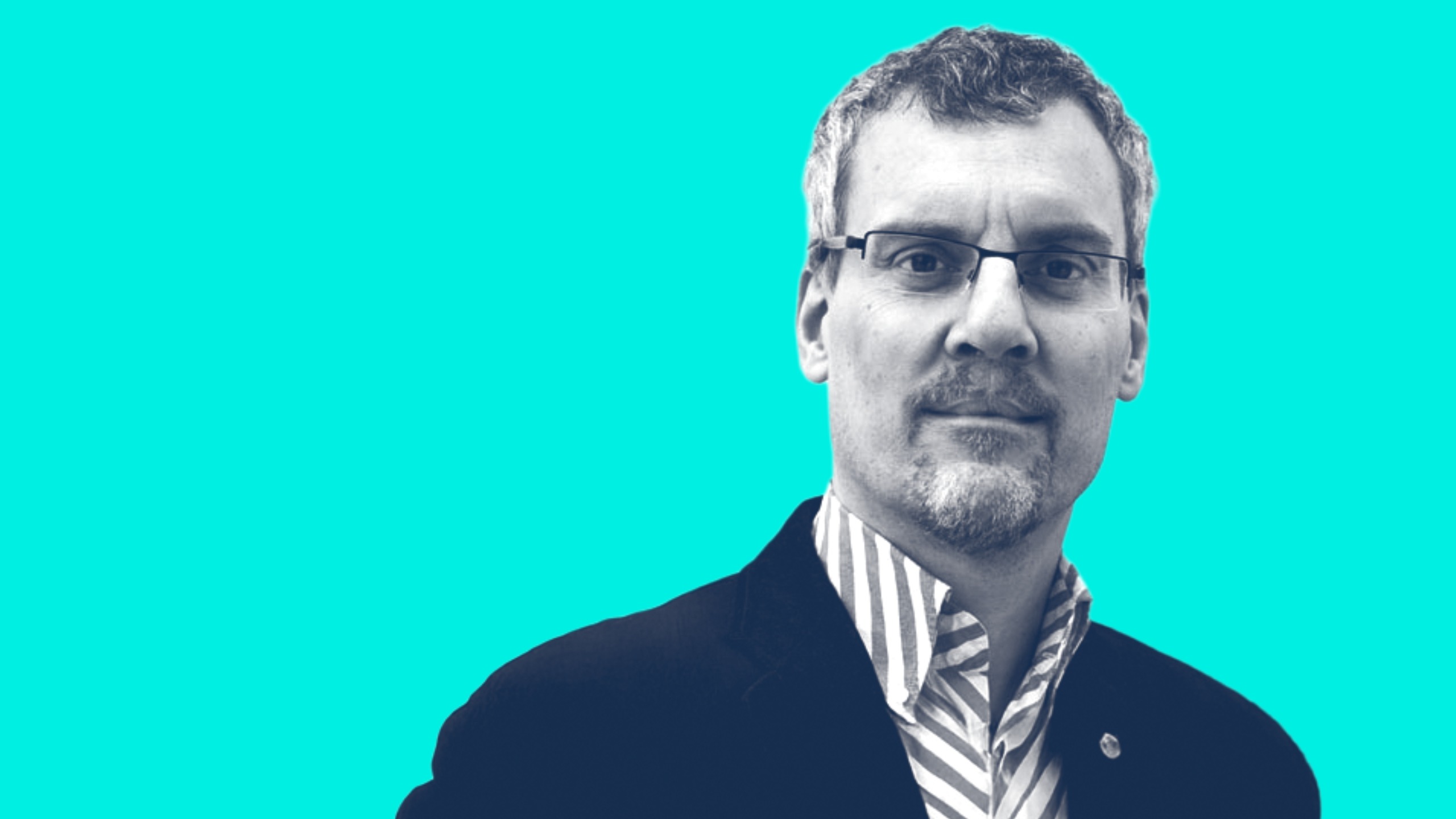Who’d be a business leader in 2025? Never mind the day-to-day grind of minding the shop in bumpy economic conditions, how do you respond, vocally or silently, to the wider world around you with its increasingly febrile politics, alarming shocks and uncertainties? This dilemma should be the number one worry factor for corporate communicators.
A few short years ago most corporates luxuriated in being vigorously encouraged to make expressions of support – maybe even act in significant ways – that backed causes such as Black Lives Matter and the trans movement. It did no harm to appear concerned with social justice… enlightened, even. Business had to find a purpose besides making a profit for shareholders. That was part of being a good corporate citizen and 'Doing The Right Thing'. They were cheered on by progressive activists both within and outside their organisations.
Not so much any more. Business leaders for the most part have their heads down in the trenches, observing with increasing alarm what’s going on in their societies around them but not judging it worth the risk of voicing dissent.
A number of businesses – or at least their public affairs sherpas – attended the recent Reform conference. There’s an element of necessary pragmatism involved in this. You politely sit through a conspiracy theorist doctor pronouncing from the podium that the Covid vaccine likely caused our monarch’s cancer because there is a very real chance that Nigel Farage’s party will gain some serious national political power within the next five years.
Thus, it’s entirely conceivable that a FTSE 100 boss will be forced to sit across a table and smile politely while mouthing: “Yes we think your policy of forced repatriation of 600k migrants is both moral, economically savvy and good for my business.”
Dropping principles on a whim
Surely, the problem is when business is willing to drop any principle on a whim when holding it becomes tough. This is especially true when it comes to your workforce, who may feel they have been misled. Who feel their employer is willing to indulge in a bit of virtue-signalling activism to gain a competitive advantage never mind its sincerity or authenticity. It’s not based in any real moral attitude or outlook.
Maybe this is the correct approach. Businesses have no beliefs in the way an individual does that don’t improve the bottom line. They are perforce pragmatic and adapt to changing market conditions. Neither in a democracy do businesses vote. So, are we back in the cynical old days of Groucho Marx: “These are my principles and if you don’t like them… I have others”?
The whole ESG argument is now being placed on ice by some and openly doubted by many. Even the smartest guys in the room at McKinsey who only yesterday assured us that diverse organisations were more productive, successful and delivered more shareholder value are on the back foot. There is a broader growing backlash against HR, blamed for the nurturing of ‘wet woke’ ideas. It is now often portrayed as a spineless and wishy-washy discipline suffering from grim mission-creep and insufficient focus on what really matters: increasing productivity and the bottom line.
Well this tough, no nonsense new world is fine, as they have discovered in the US, until Donald’s Trump's decrees hit you either as a farmer in California finding his labourers being rounded up in the fields or a Korean battery manufacturing site in Georgia, which had 475 of its employees arrested in a massive immigration raid.
An unpredictable US
What is happening in the US is deeply alarming. The country feels the most unstable and unpredictable I have ever known it. All bets are off. Expertise, competence and sound judgment in fields from central banking, to medicine to education are being cast aside as radical, left-wing fake news. The institutions that were established as a stop gap brake against tyranny are being undermined and even gutted. “If you ask why one country is rich and another country is poor . . . it’s the institutions, stupid,” says Frederic Mishkin, a professor at Columbia Business School and a former Fed governor.
There is no point speaking truth to Donald Trump. As Noam Chomsky pointed out, the expression “speaking truth to power” is over-rated. “Power”, he noted, knows the truth very well already. It’s mainly interested in burying, limiting or distorting truth.
Billionaire investor and creator of the world’s largest hedge fund, Ray Dalio, is no pink radical leftist. He has made his pile. Last week Dalio delivered a dark warning about the state of American discourse around the nation’s economic challenges, saying fear of retaliation, particularly from the Trump administration, is preventing investors and business leaders from voicing critical concerns about the country’s economic direction. He told the FT that the current political and economic environment resembles the troubling dynamics of the 1930s and 1940s. “Most people are silent because they are afraid of retaliation if they criticise,” he noted.
If ever there was a time for business to show by example that Keynes may have got it slightly wrong with his painful observation that “capitalism is the extraordinary belief that the nastiest of men for the nastiest of motives will somewhere work for the benefit of all”, it might well be now.
Matthew Gwyther writes and consults on business and management and is a partner at Jericho Chambers. He has written for the Times and Sunday Times Business pages, The Washington Post and the New York Times and is a former editor of Management Today. He was also the main presenter on BBC Radio 4's 'In Business' programme.

